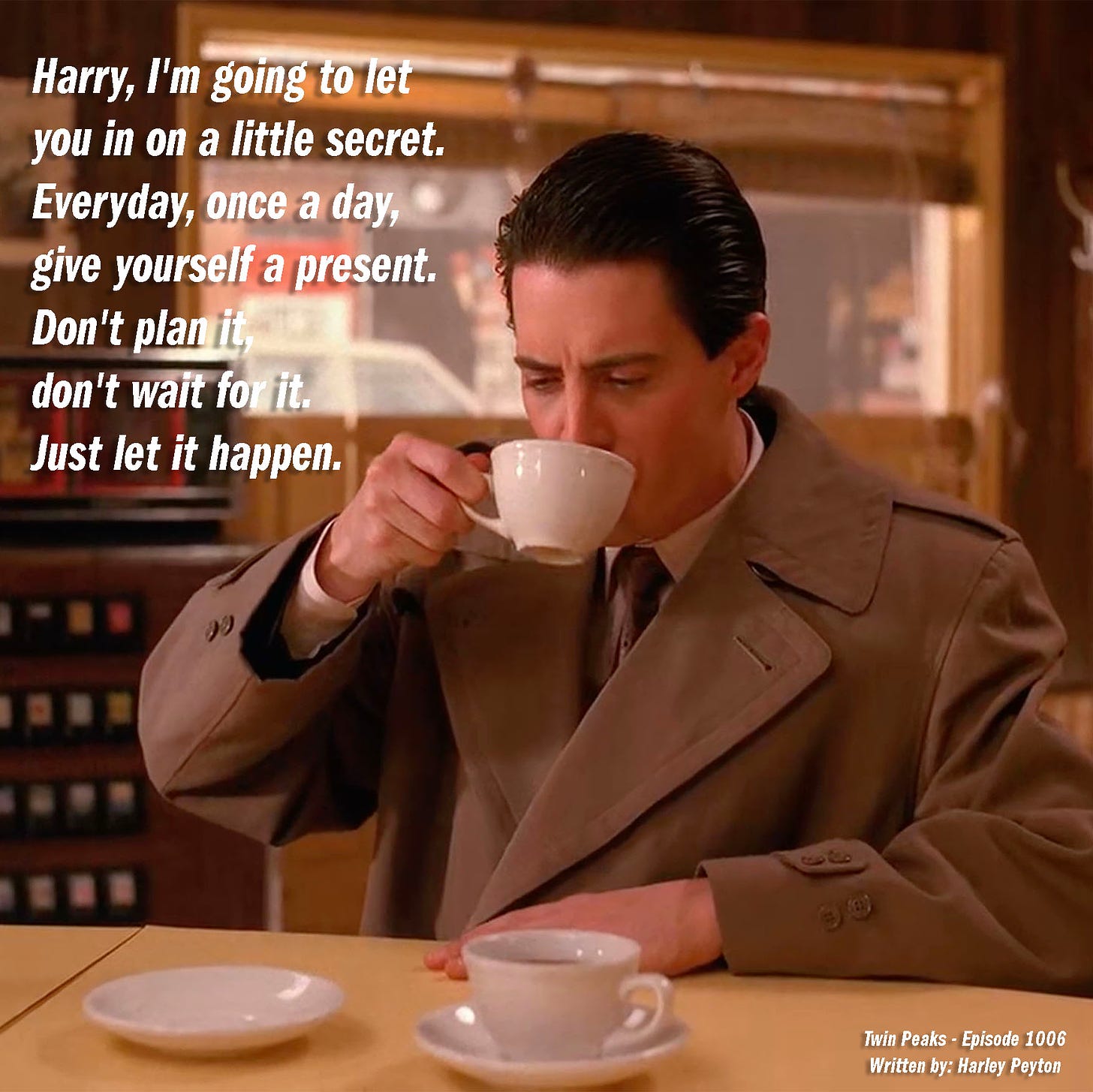Here’s another postcard from the middle of August.
Last week was pretty intense: busy, hot, without much structure, with a lot of reactivity instead of creativity and I needed a bit of a break, take a small step back to gather thoughts, find some stillness, gain clarity.
That’s not new, but here’s what is new: I don’t beat myself over it anymore.
We depend on our environment more than we like to acknowledge. We are definitely biology, not technology. And where I live -in Southern Spain- August is reduced to surviving the heat, staying in the pool or going to the beach. We come back to life after sunset.
I know that when the summer is over, the air cools down a bit, the school resumes, I’ll be back to my boring, grounding, beloved routine, that helps my mind stay on track, and minimize limbic friction of all the decision making.
But for now: it is what it is, and in a minute I will go packing for our trip to the mountains for some star gazing, in the middle of nowhere.
We need structure and lack of thereof.
We need productivity and stillness.
We need engagement and detachment.
Life is cyclical and it’s a feature, not a bug.
With that in mind, I’ll leave you with the Transtheoretical Model of Change, also known as the Stages of Change Model, that outlines a process through which we move when trying to change our behavior.
This model, developed by Prochaska and DiClemente, consists of six main stages:
Precontemplation,
Contemplation
Preparation
Action
Maintenance
Termination
And here’s my take on it:
The Stages of Change: A Simple Guide
Ever tried to change a habit? It's not as simple as flipping a switch.
Here's how it really works:
1. "Nah, I'm good."
You don't see a problem. Why change?
2. "Hmm, maybe..."
You're starting to think there might be an issue. But you're not ready to act yet. You probably start watching youtube videos on the subject.
3. "Okay, let's do this!"
You've decided to change. You're making plans. God starts laughing at them.
4. "I'm doing it!"
You're actively changing your behavior. It's hard, but you're committed.
5. "Keep it up!"
You've been at it for a while. Now it's about not slipping back.
6. "What problem?"
The holy grail. You've changed so completely, you can't imagine going back. (Spoiler: This is rare.)
But there’s also number 7 that many forget about: The Relapse.
The good news is, with every successful cycle, the change is deeper. You will fail loads before you succeed.
This isn't a straight line. You'll bounce between stages. That's normal.
You can change, focus on the pros, and use both mental and physical tricks to keep moving forward.
Change is a skill. The more you practice, the better you get.
But, most importantly, in all that busyness, productivity and noise: don’t forget to live your life!





